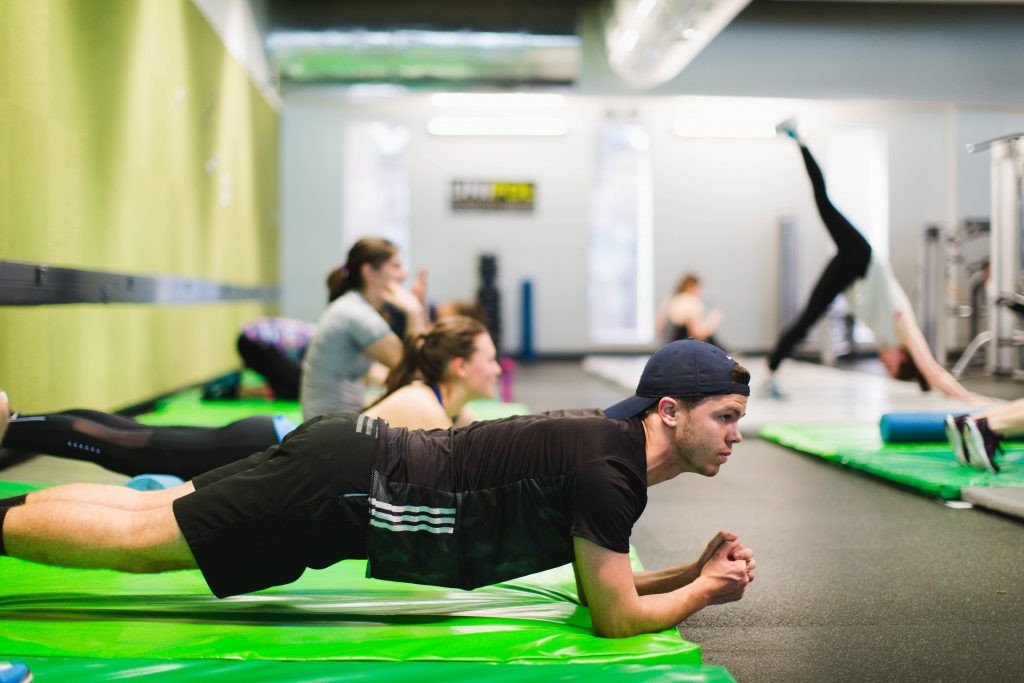What is mental health and fitness? Is it like physical fitness in that you can gain it or lose it? What knowledge and support is there when people need to get help? Or how can people retain their resilience and keep well when life throws its various curveballs? This is an enormous topic, but we are going to keep it simple.
Are mental and physical fitness the same?
Without getting overly complicated or indepth the answer is yes. You can be mentally fit, or un-fit, just as you can be physically fit or un-fit and both can be gained or lost. Depending on a variety of factors, you may be more susceptible to suffering from illness due to mental health than another person. We are all different, and unique and I think it is really important to remember this. Not one size fits all. Understanding your own version of ‘normal’ will help you know when things aren’t feeling right for you. Getting to know ‘you’ is one of the best things that you can do to safeguard and keep yourself mentally and physically well. Let’s go through the five ways to wellbeing as recommended by the Mental Health Foundation of New Zealand.
1. Connect
Feeling connected to others, and feeling valued and appreciated by those around you, whether in a personal or a professional context is a very important part of mental fitness. Human beings are not designed to ‘go it alone.’ In saying that, I’m not suggesting you have to be an extrovert and the life and soul of the party, it just means that we all need connection with others. Strengthening your relationships with your inner circle and your work/study colleagues by talking with them and listening to them are all safe guarding your mental fitness. Healthy connections with people make us feel good about ourselves and where we fit into the world, they also help others understand our own unique perspective on how we view the world and can help support us in times of need.
2. Keep learning
Neale Donald Walsch famously quoted “life begins at the end of your comfort zone.” And although it is lovely to feel safe and comfortable in a daily routine, it also pays to be aware of new opportunities that come across your path. Be open to new experiences. Yes, it may very well be challenging, but that is part of what growing and developing resilience is all about. It is frightening and stressful to try new things and go outside your normal level of comfort, but once you have overcome these initial fears you may completely surprise yourself – this alongside the feeling of self satisfaction will be totally worth it.
3. Take notice
We are all guilty at times of worrying about the future and reminiscing about the past, but trying to ‘live in the moment‘ is another step to mental fitness. Be aware of how you are feeling at any given time, and attempt to understand why. Most importantly remember that all feelings, both good and bad eventually pass. So living in the moment and taking time to appreciate the world around you can also help you keep mentally fit and boost your mental well being.
4. Give
It really is amazing the difference a kind word or gesture can make to your day. Carrying out random acts of kindness, whether small or large are a win, win situation for both the giver and the receiver. The person receiving your kindness feels noticed, valued and appreciated, and as a result you feel positive about yourself! In fact carrying our random acts of kindness can increase happiness, life satisfaction and general well being.
5. Be active
Looking after your mental fitness is helped greatly by looking after your physical fitness. Being physically fit and keeping active is known to improve mood, wellbeing and decrease depression, anxiety and stress. If you are of student at the University of Otago, or the University of Otago Language Centre and Foundation Year programmes you will have unlimited and free access to Unipol Recreation Services.
So whilst this post has been about how to keep, or get mentally fit and improve your wellness, there are times in life where you feel that your version of ‘normal’ is not your usual and that’s when you need to ask for help.
The University of Otago International Office has a specialist team of Student Advisers that are here to help you in a variety of ways, including mental health issues. There is also a designated Student Health Mental Health & Wellbeing Team offering a free service to help guide you. There is also an amazing student led initiative called Silverline Otago that actively promote student mental health and wellbeing in the form of events, groups and resources.
So, look after yourself, both physically and mentally and try the five steps to wellbeing above, see if it makes a difference. You might just surprise yourself……
Nicky Richardson is an International Marketing Coordinator at the University of Otago. With degrees in music and marketing, she is a recent graduate of Otago herself – she loves Otago so much she ended up getting a job here!








